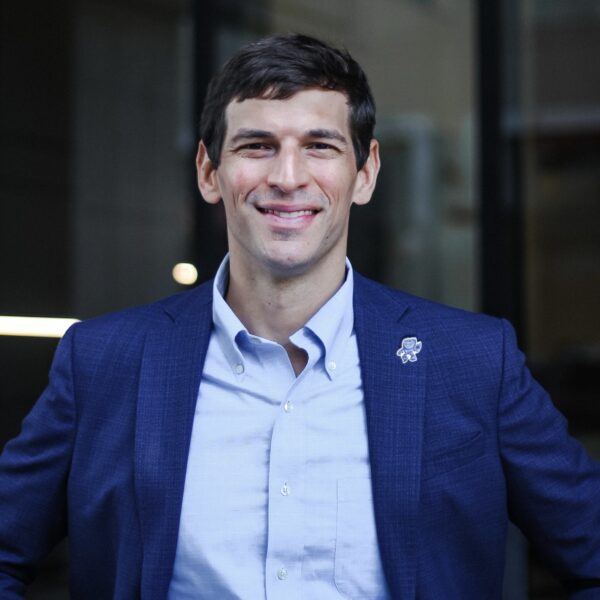Finding New Hope in Existing Drugs

Dr. David Fajgenbaum, co-founder & president of Every Cure, recently joined us for an alliance discussion on his organization and their recent ARPA-H project award. Every Cure is a nonprofit dedicated to identifying existing medications that can be repurposed to treat additional diseases. Every Cure was recently awarded a contract from ARPA-H to build out their artificial intelligence (AI) platform which helps identify potential matches between existing medicines and diseases. Dr. David Fajgenbaum shared his personal struggle with a previously untreatable disease and explained how his journey to find a treatment inspired him to start EveryCure. Here is a short Q&A based on his talk:
Q: What is Every Cure’s Mission:
A: “We were not going to focus on trying to develop new drugs from scratch. We didn’t have a billion dollars and we didn’t have 10 years to wait. Our research, and our work, and our investments are going to be very much focused on figuring out what’s going wrong in the disease and figuring out which of the 3,000 FDA-approved drugs that already exist could potentially be a useful treatment for the disease.”
“Over the last 10 years we’ve led 14 drug repurposing efforts for multiple diseases and saved 1,000s of lives along the way. [There are] patients who are alive today thanks to drugs that weren’t made for their disease that we have repurposed.”
Q: How Do you match treatments to diseases:
A: “Computational pharmacogenomics doesn’t start with a single disease or a single drug. We start with all diseases and all drugs, and we look at the strength of evidence between every drug and every disease and we quantify the strength of evidence for each one. Then we can identify, among all drug-disease matches, what drug-disease match [has] the most potential. So among the 66 million permutations or combinations [of a disease and a treatment], which one is most promising?
Q: What have been some deliverables for ARPA-H?:
A: “The first major one is building up a data set of all drugs, diseases, all human biology that others can use for repurposing purposes. The second is to generate a rule for how likely every drug is to treat every disease. […] A score for every drug against all 22,000 diseases [that will be shared] publicly. And then the third is to identify promising opportunities that can be studied further. And so those are the three deliverables over the course of three years. We were asked a question at the beginning: ‘what does being a patient do to you?’ It creates an incredible sense of urgency. So, if we can do it in shorter than three years, we’ll do it faster than three years. Because, for us, it’s just all about impact as quickly as we can make it.”




